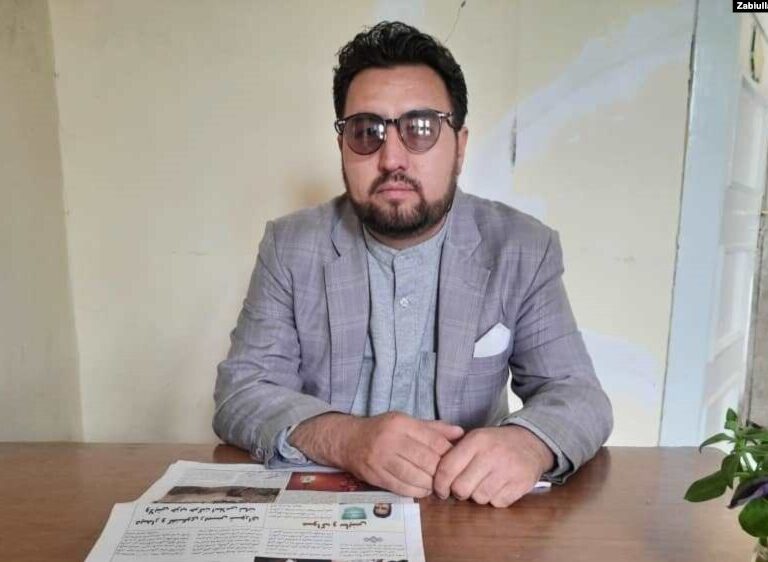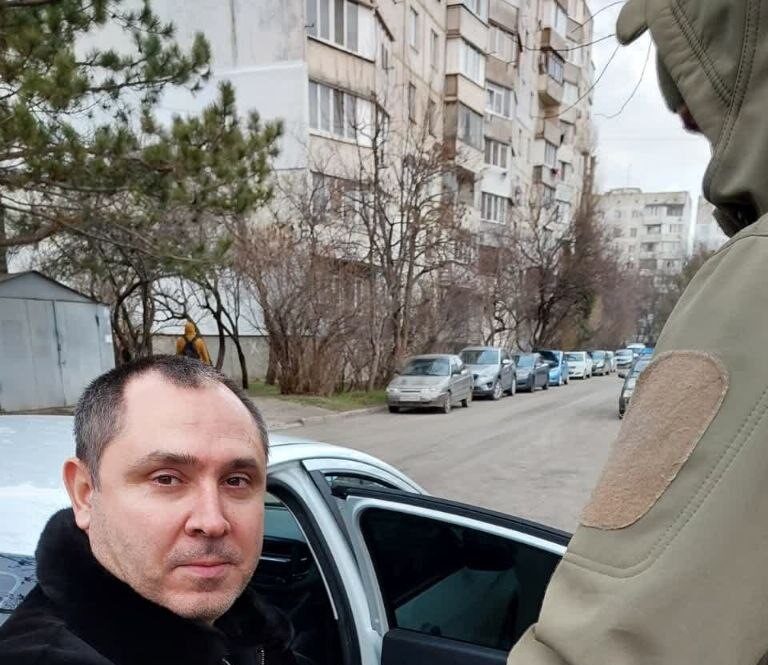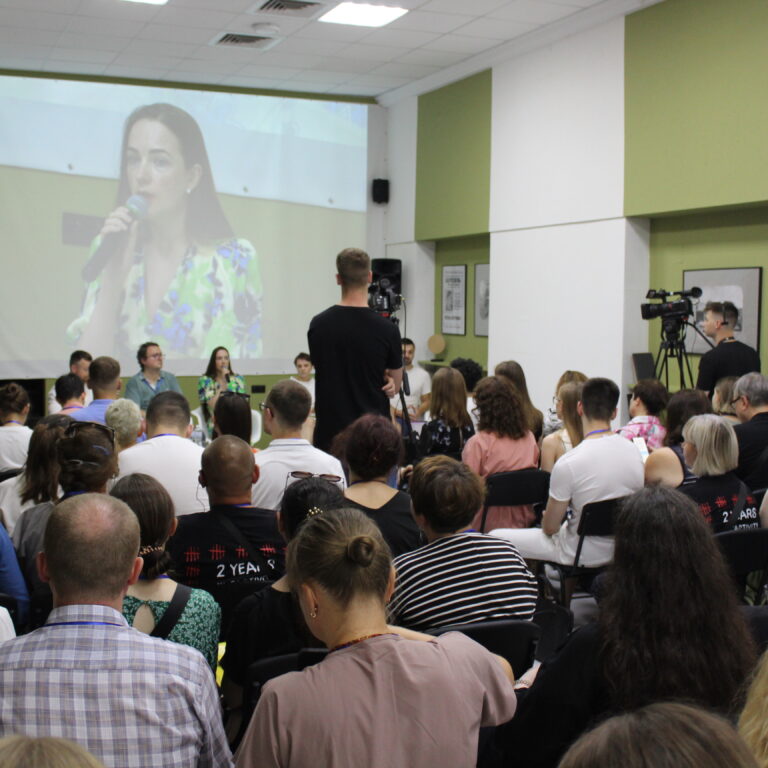Throughout February, the occupiers were engaged in “aggressive self-PR” on the alleged “renewal of the throughput capacity” of the “Crimean Bridge”, which, however, did not reduce the excitement at the illegal ferry crossing, overgrown with uncomplicated “business schemes”, in particular, in the interests of the Aksyonov clan.
In this situation, the new “prospects for a brighter future” were instructed to outline the “deputy minister of transport” of the occupiers Nikolai Lukashenko, who promised to increase the “number of checkpoints on the Crimean bridge” and stated that “the possibility of launching the movement of empty trucks is being considered at the federal level”.
Since with the illegal crossing, or rather with the income from the trade in the queue on it, “everything is very good” for the collaborators, and they suggest that all dissatisfied people use the illegal “land corridor”, with reference to the vice-premier of the aggressor Marat Khusnullin, according to which “all 25 bridges on this way they are guarded by the National Guard.”
Collaborator Vladimir Saldo also decided to “calm everyone down” on this occasion and said that on the occupied mainland “the control system for vehicles will be strengthened”, and “all checkpoints will strengthen control over passing people and cars.”
How this will end for illegal carriers after the “people of Saldo” decided to take one hundred loaded grain carriers from the “people of Aksyonov” for “non-coordination of transportation” is not worth explaining. Also, everything is quite obvious and with arithmetic from Marat Khusnullin, who was going to “save” 25 bridges in the frontline zone instead of one “Crimean”.
The real fear of the occupiers and collaborators before all sorts of “pop” and the partisan movement is manifested in the characteristic “little thing”.
The same Saldo on March 9 let slip in a propaganda interview that, according to the “new trends”, when sowing, ammonia fertilizers are “applied directly from the wheels, because of which the process is slightly delayed” because “they are explosive and cannot be accumulated.”
Translated into human language, the invaders, due to the aggressor’s obvious criminal motives, do not trust the local residents in storing the same saltpeter. Thus, the collapse of cargo transportation in the occupied territories will only increase in the future, and the occupiers’ fear of “pops” will increase.
Among other things, these factors can motivate the aggressor to all sorts of external provocations, including attempts to manipulate the negotiations on the extension of the “grain deal”.







